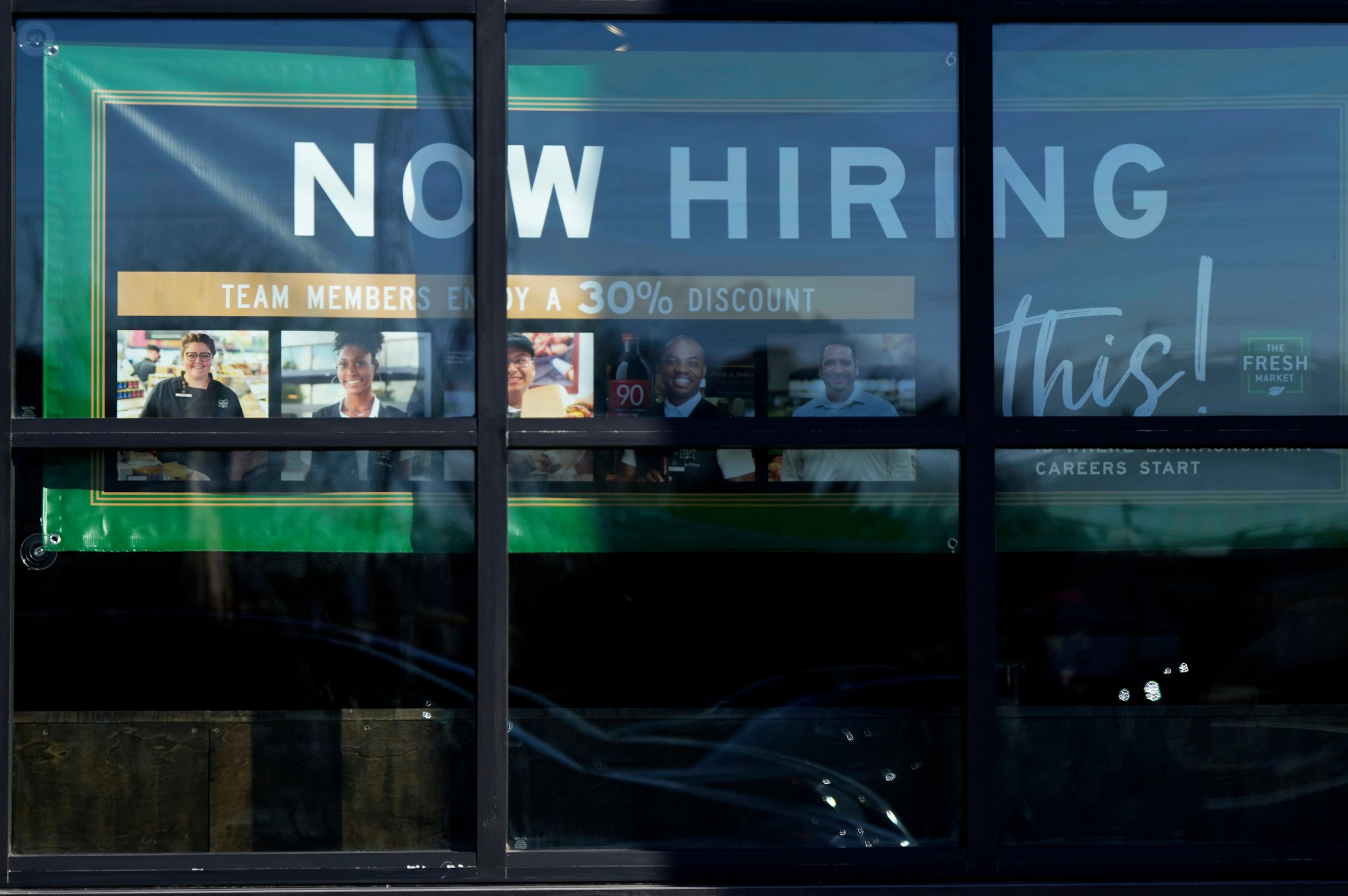What the Delta meltdown means for its future
Midsummer is one of the busiest times for air travel and one of the worst times to have travel cancellations and delays. Summer flights are often more than 90% full, so passengers on a canceled flight cannot easily be rerouted. Recently, a defective software update by cybersecurity company CrowdStrike caused major problems to the airlines and many other companies that rely on Microsoft Windows software, which CrowdStrike attempts to protect.
Most airlines recovered quickly, but Delta Air Lines was still canceling thousands of flights, even after several days. As of Thursday, cancellations were minimal. The biggest problem was that Delta’s crew-scheduling software was affected, making it very difficult for Delta to move crew to where it needed to be in a timely manner. Virtually all of the continuing CrowdStrike problems in the airline industry are now at Delta, which has caused U.S. Secretary of Transportation Pete Buttigieg to strongly condemn the airline and speak out in favor of passenger rights. The U.S. Department of Transportation has now opened an investigation into Delta, which does not bode well for the airline.

Delta’s problems with cancellations and delays echo those experienced by Southwest Airlines in 2022. Over Christmas and New Year’s, Southwest stranded more than 2 million passengers and canceled more than 16,000 flights. The U.S. Department of Transportation issued a record $140 million fine, and Southwest paid more than $750 million in total to compensate passengers for their inconvenience.
Buttigieg said last week that the fine set “a new precedent and sends a clear message: if airlines fail their passengers, we will use the full extent of our authority to hold them accountable.” The Department of Transportation accused Southwest of violating consumer protection laws, by 1) “failing to provide adequate customer service assistance,” 2) “failing to provide prompt flight status notifications,” and 3) “failing to provide refunds in a prompt and proper manner.”
The Southwest case must make Delta very nervous right now, as Buttigieg’s warning and the Southwest precedent seem quite clear.
Airline passengers demand two things, above all else. They want to get to where they are going on time, and they want to get there safely. Of the two, safety is more important. This means that the business risk to United Airlines, which has had safety problems such as crashes, burst tires, wheels falling off and defective door bolts, is greater than the risk to Delta, no matter how upset Delta’s delayed passengers might be. It could be argued that another high-profile fatal accident at United could have a drastic negative impact on the airline’s finances, whether this quarter’s numbers are good or not.
Safety problems can kill an airline. ValuJet was an airline known for cost-cutting. Its shoddy safety practices led to a fatal crash in 1996 that was judged to be the airline’s fault. That, in turn, led to the demise of ValuJet, eventually replaced by AirTran.
In Delta’s case, the problem is not directly attributable to the airline, given that a contractor, CrowdStrike, created the technical problem. However, passengers do not easily perceive such divisions of responsibility. From their viewpoint, if a Delta flight is late or canceled, that is the airline’s fault. Thus, the public largely blames Delta for its schedule problems, as does Buttigieg.
We have to ask whether Delta, like United and ValuJet, is suffering from cost-cutting. We know that much of its Windows-based software is old, and backup systems might not exist. Thus, if an update goes bad, the entire system goes down, which is what we happened at Delta.
Delta, like United and other major airlines, has a chief executive, Ed Bastian, who came from finance. Finance-oriented executives are well-known for making short-term decisions that will help the next quarter’s bottom line. Whistleblowers at United have explicitly called out management for its cost-cutting emphasis, at the expense of quality and customer satisfaction. Such an approach is especially dangerous in a business whose job is moving passengers safely.
The delays and cancellations at Delta that started Friday with the CrowdStrike outage are the “canary in a coal mine” with respect to airline safety issues and provide early evidence that not all is well quality-wise at Delta. Such attitudes and policies might eventually create safety concerns, such as we have seen at United. If the airlines will not prioritize quality and safety, the government will move in to protect the consumer, and the news will not be good for Delta.
Roland T. Rust is distinguished university professor and David Bruce Smith Chair in Marketing at the Robert H. Smith School of Business at the University of Maryland, College Park, where he is executive director of the Center for Excellence in Service.


